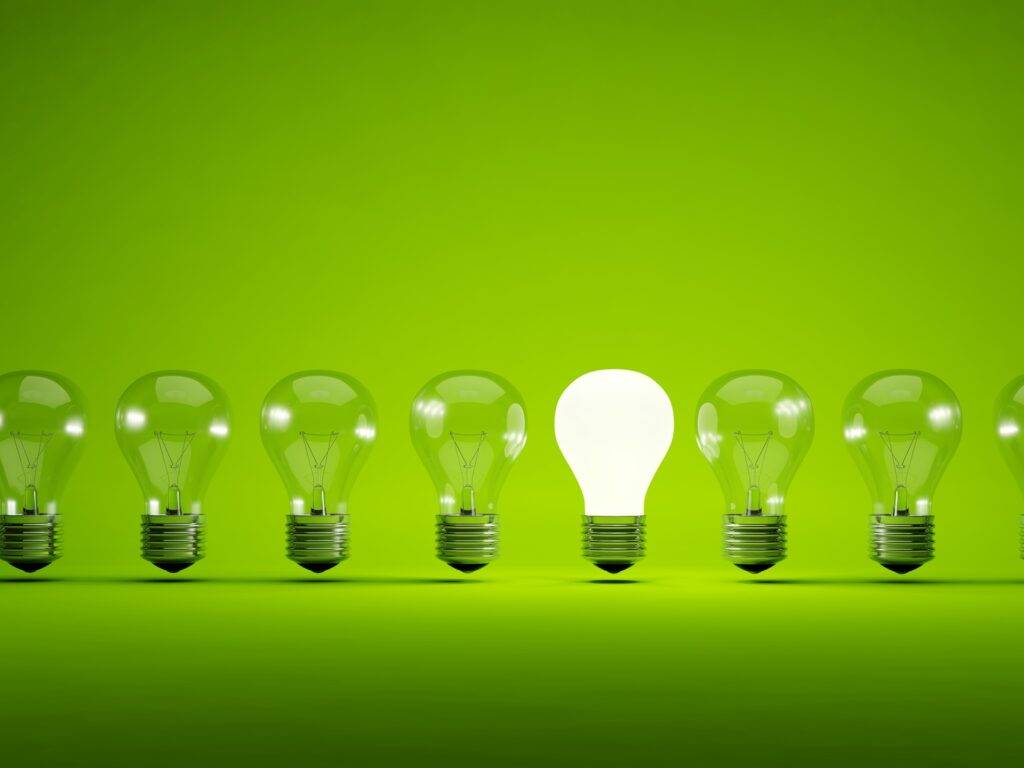What is the Future of Electricity and the Impact of the Green Energy Electric Revolution
The shift towards green energy is known as the Green Energy Electric Revolution.
As the world is currently facing a critical issue – the depletion of non-renewable energy resources and the impact it has on our environment.
The increasing demand for electricity, coupled with the rising concerns over climate change, has led to a push towards finding alternative sources of energy.
One such solution is the adoption of green energy, which involves harnessing renewable resources such as:
- Sunlight,
- Wind,
- Water,
- And geothermal heat
To generate electricity.
The Need for a Green Energy Electric Revolution

As our reliance on fossil fuels continues to cause harm to the environment, there is an urgent need for a transition to cleaner and more sustainable sources of energy.
Fossil fuels emit harmful greenhouse gases into the atmosphere, contributing to global warming and climate change.
The use of green energy can significantly reduce these carbon emissions and mitigate their impact on the environment.
Moreover, non-renewable sources of energy are finite and will eventually run out.
As the demand for electricity continues to rise globally, it is imperative that we shift towards renewable electricity sources to ensure a continuous supply of power for future generations.
The Impact of the Green Energy Electric Revolution

The adoption of green energy has numerous benefits for both the environment and society.
Firstly, it significantly reduces carbon emissions and helps combat climate change. According to the International Renewable Energy Agency, the use of renewable energy could reduce global carbon emissions by 70% by 2050.
Moreover, green energy is a more sustainable and long-term solution to our energy needs.
Renewable resources such as sunlight and wind are constantly replenished, unlike burning fossil fuels that take millions of years to form.
Advantages of the Green Energy Electric Revolution
Apart from reducing carbon emissions and ensuring a sustainable energy future, the Green Energy Electric Revolution also brings various other benefits.
Cost-Effective
The cost of renewable energy technology has significantly decreased over the years, making it more economically feasible to invest in green energy sources.

Furthermore, long-term savings can be achieved due to the lower maintenance and running costs of renewable energy systems meaning lower energy bills for consumers.
Job Creation
The transition to green energy will create new job opportunities in the renewable energy sector, from manufacturing and installation to research and development.
This can help boost the economy and provide employment opportunities in regions that heavily rely on non-renewable energy industries.
Energy Independence
By diversifying our sources of electricity, we can reduce our dependence on imported fossil fuels and achieve energy independence.
This can also improve national security and reduce the impact of fluctuating fuel prices on the economy.
Challenges and Future Prospects
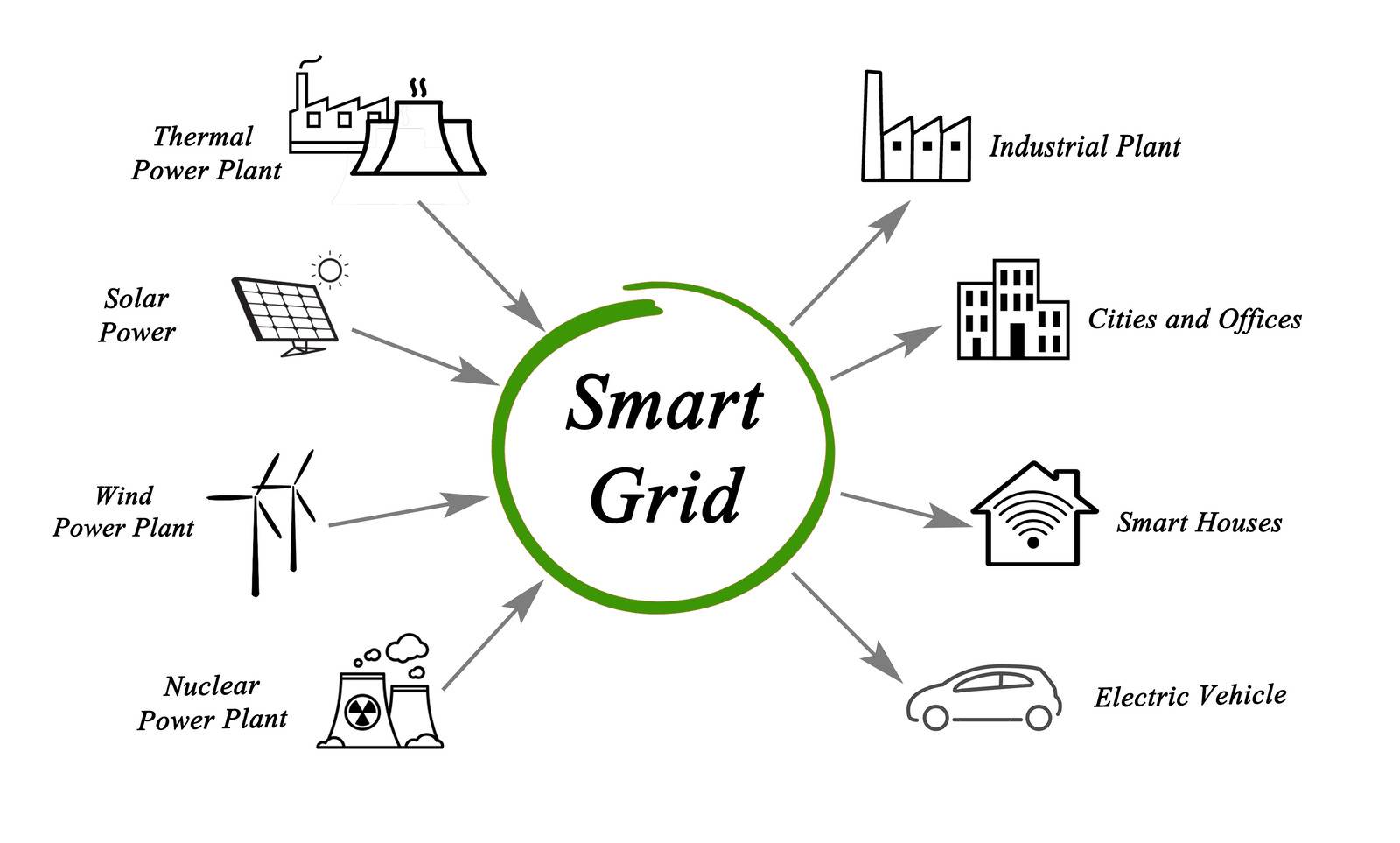
While the Green Energy Electric Revolution brings many benefits, it also faces some challenges that need to be addressed.
One major challenge is the intermittency of renewable energy sources, which can affect the stability and reliability of the electricity grid.
To overcome this, advancements in energy storage technology and smart grid systems are crucial.
Moreover, the initial investment required for transitioning to green low carbon energy can be a significant obstacle for some countries.
However, with advancements in technology and increasing government support, it is becoming increasingly feasible to achieve a full-scale Green Energy Electric Revolution.
Green hydrogen production
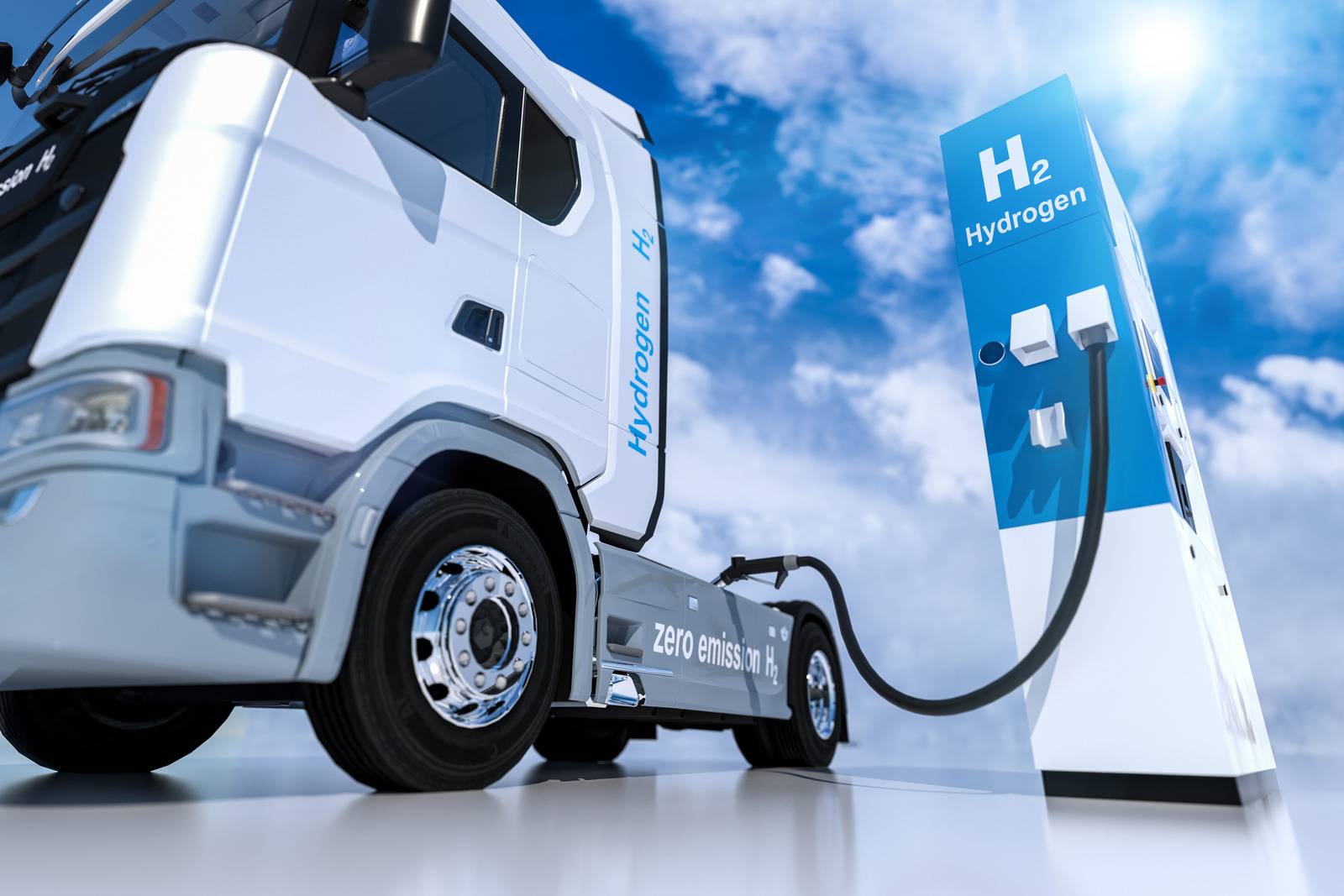
Among the various forms of green energy, green hydrogen has gained significant attention as a potential solution to our energy needs.
Green hydrogen is produced by using renewable electricity to split water into hydrogen and oxygen through a process called electrolysis.
The resulting hydrogen can be used as a clean, carbon-free fuel for transportation and power generation.
Nuclear electricity
Nuclear energy is also considered as a green energy source, as it does not emit any greenhouse gases during electricity generation.
However, its long-term waste management and safety concerns make it a controversial solution.
With advancements in nuclear technology, such as small modular reactors and fusion reactors, the potential for nuclear energy to contribute to the Green Energy Electric Revolution is increasing.
The Role of Electricians in the Green Energy Sector
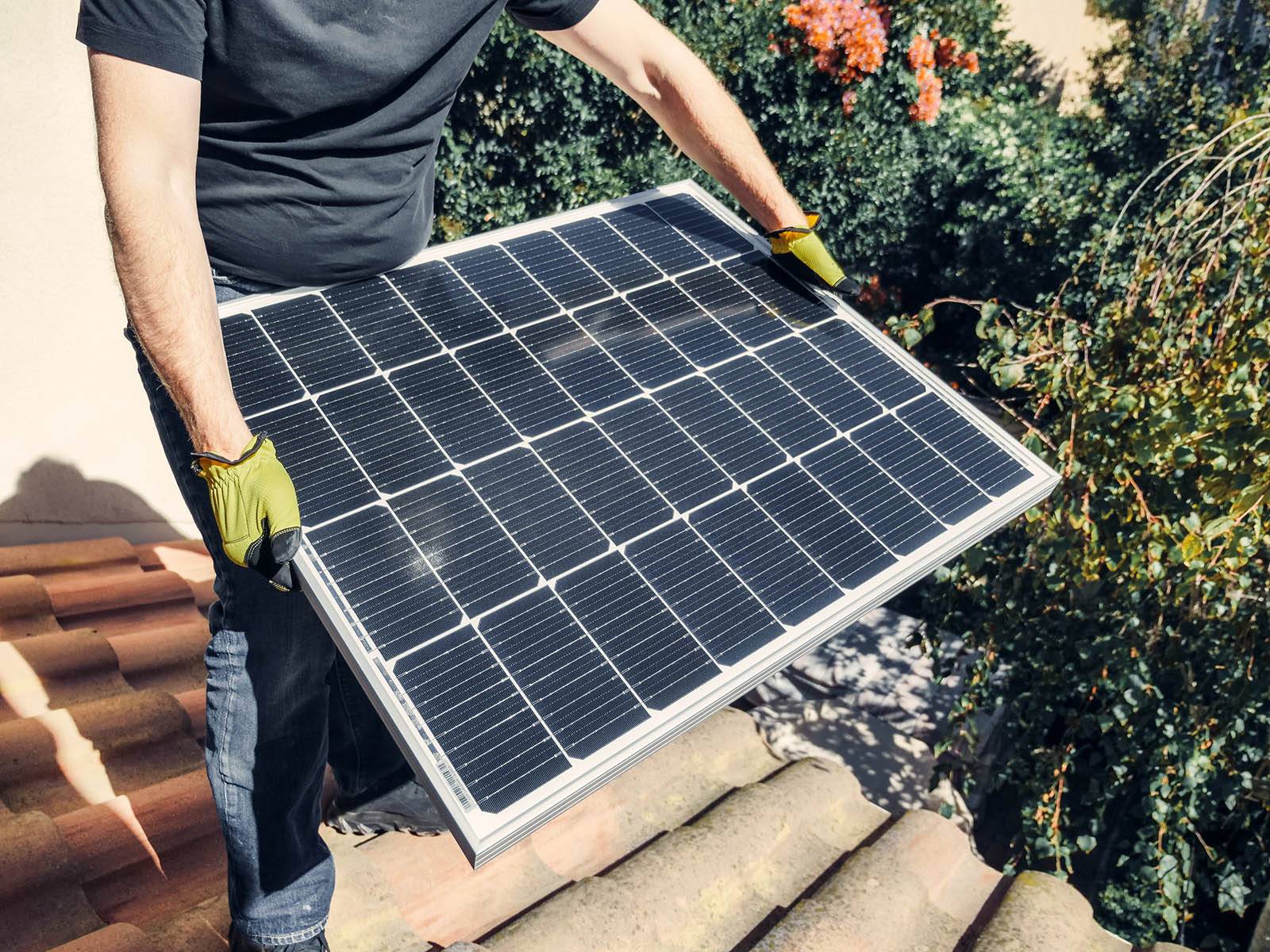
Electricians play a pivotal role in the expanding green energy landscape, contributing their skills and expertise to the implementation of sustainable technologies.
As the adoption of green energy sources rises, electricians find an evolving job scope, encompassing not just traditional electrical work but also the installation, maintenance, and repair of green energy systems such as:
- Solar panels
- Wind Energy Turbines
- Hydroelectric power plants
- Geothermal heat pumps
This presents a significant opportunity for electricians to upskill and expand their knowledge in green energy technologies.
Solar Panels
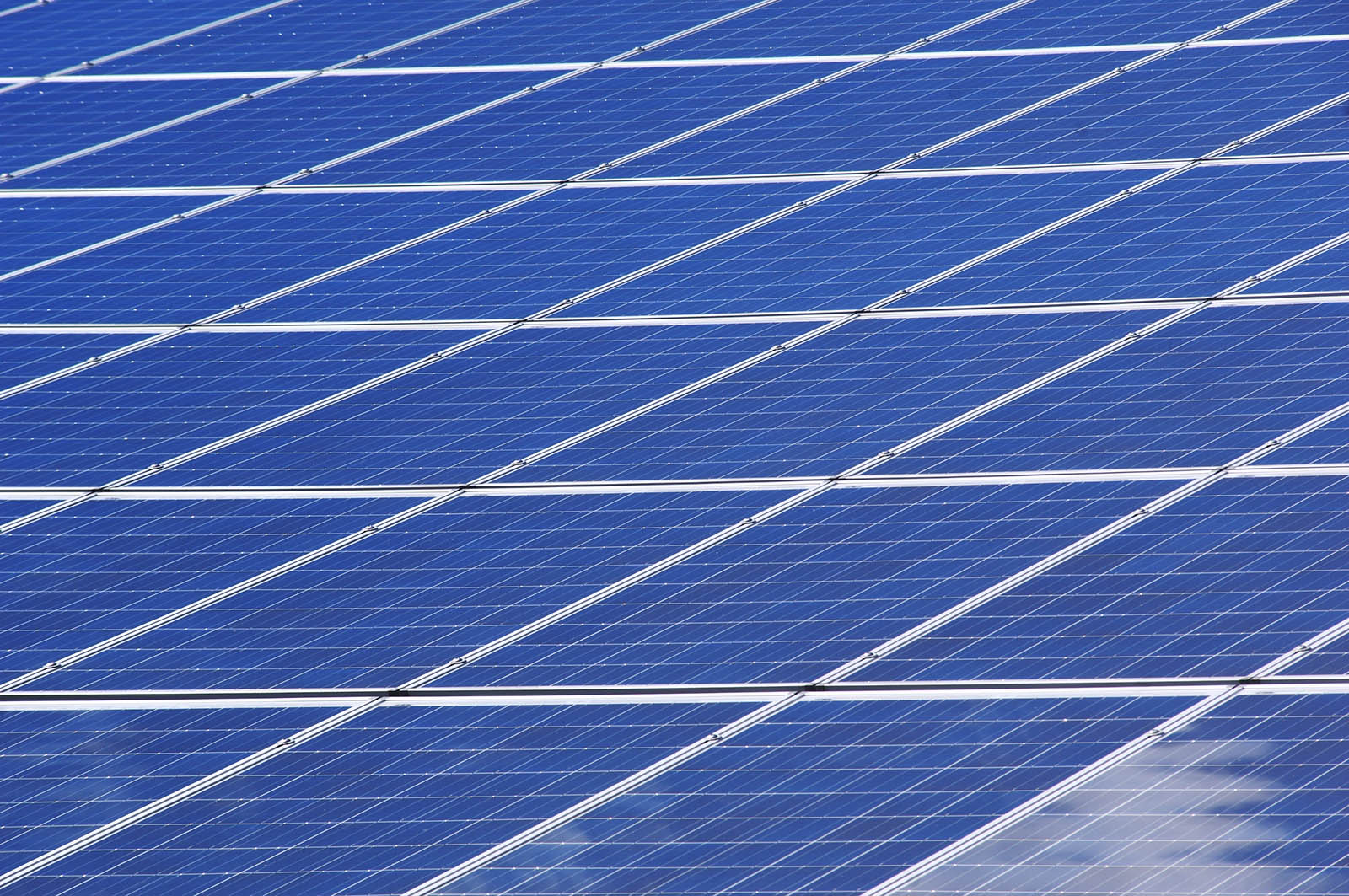
One of their essential roles is the installation of solar panels.
They ensure the safe and efficient connection of solar systems to the grid or battery storage, adhering to necessary standards and regulations.
Electricians are responsible for assessing the site, interpreting plans, and installing and configuring solar photovoltaic systems, which convert sunlight into electricity.
It’s a job that requires precision, expertise, and a deep understanding of the technology.
Wind Turbines
Wind Energy is another rapidly growing renewable energy source.
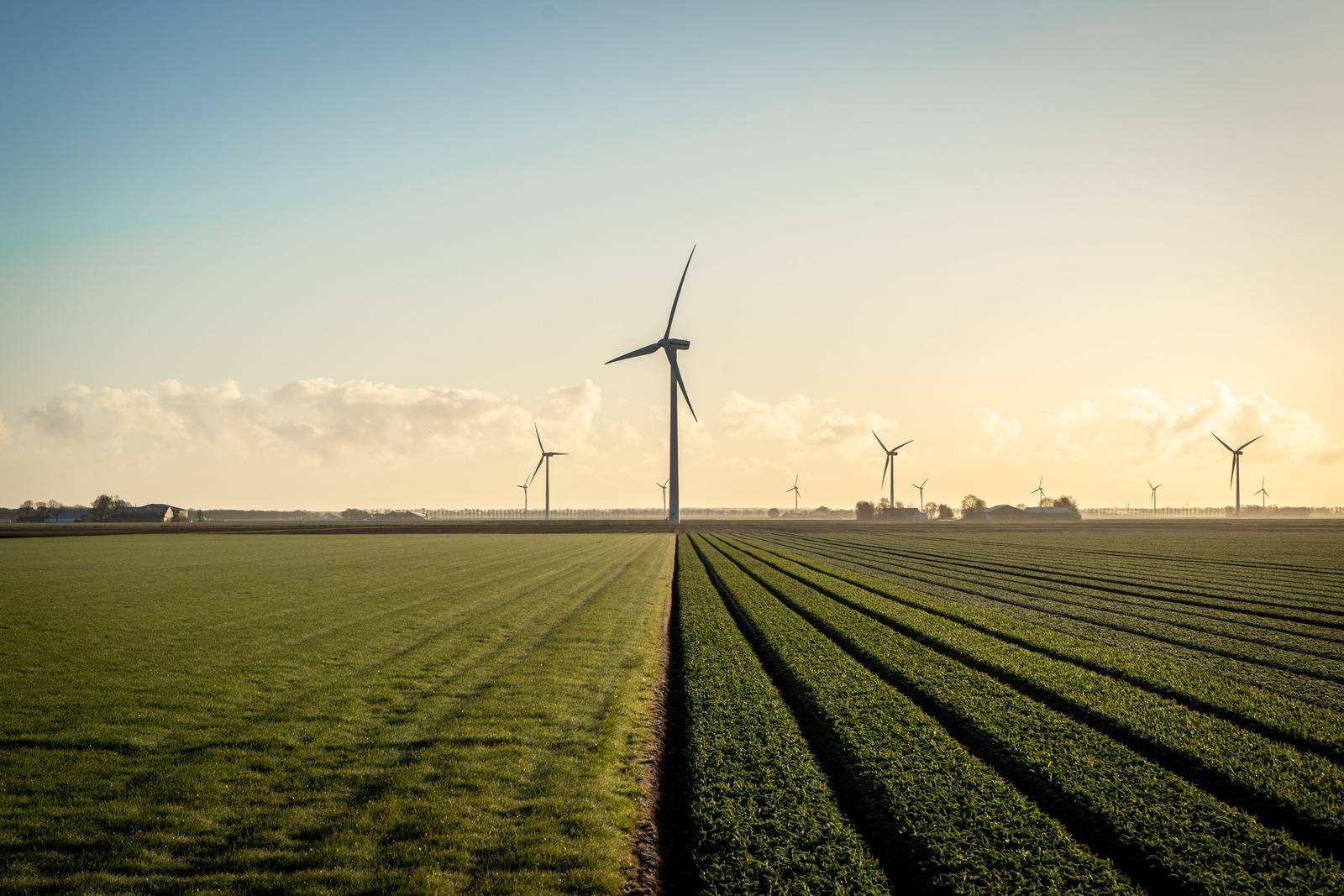
Electricians are needed to install and maintain the complex electrical systems and controls necessary for the operation of wind turbines.
Hydroelectricity
Hydroelectric power plants harness the kinetic energy of flowing water to generate electricity.
Electricians play a key role in installing, maintaining, and repairing the electrical components of hydroelectric facilities.
Geothermal heat pumps
Geothermal heat pumps utilize the Earth’s natural heat to provide heating, cooling, and hot water for buildings.
Electricians are responsible for installing and connecting the electrical components of these systems to ensure safe and efficient operation.
Electric Vehicles
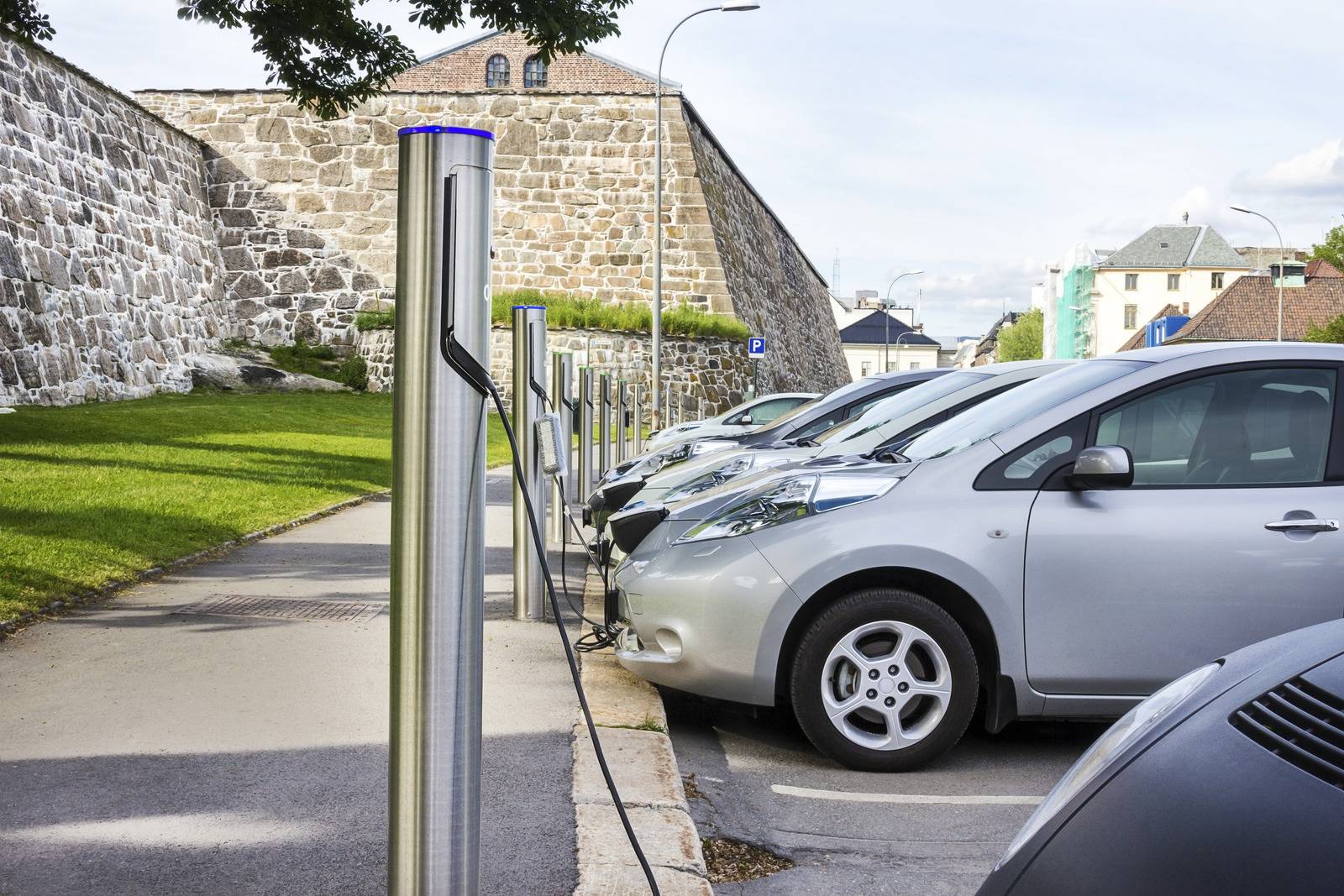
The rise of electric vehicles (EVs) has led to an increased demand for EV charging stations.
This presents another avenue for electricians, who are relied upon to install these charging systems in homes, public places, and commercial premises.
Their knowledge of electrical systems and safety protocols is crucial in ensuring that these charging stations are set up correctly and function optimally.
Green Electricity in Homes
Electricians are integral to the implementation of energy-efficient systems, such as energy-saving lighting and heating solutions.
They install and manage these systems to ensure they operate at peak efficiency, contributing significantly to energy conservation efforts.
Energy bills can also be reduced through the installation of smart meters, which electricians are responsible for setting up and maintaining.
Emerging Technologies and Trends in Electrical Work
The field of electrical work is evolving rapidly, keeping pace with the electricity demand and technological advancements in the wider industry.
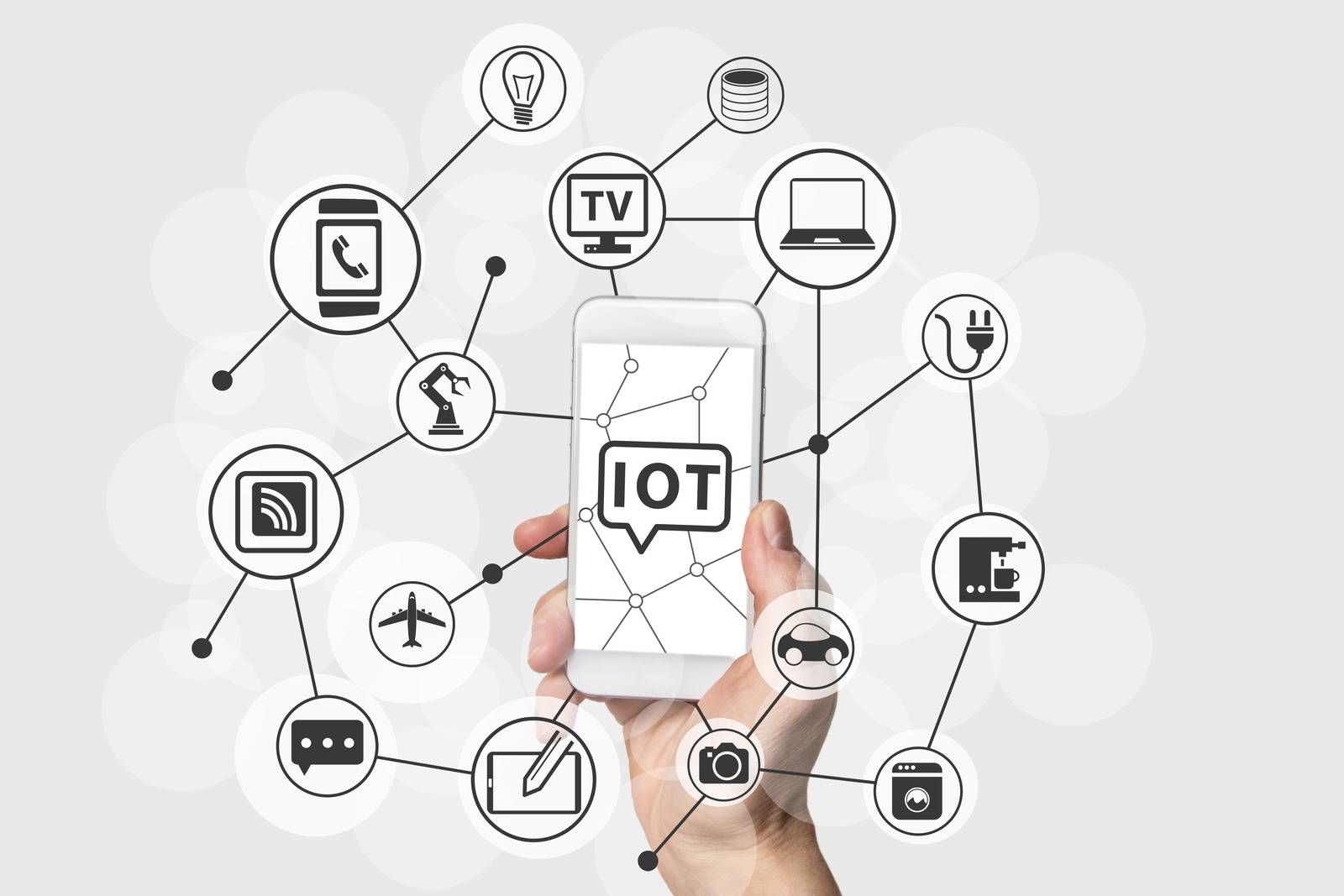
Some emerging technologies and trends that electricians will need to familiarize themselves with include:
- Smart Grids: An advanced electricity delivery system that uses digital communication technology to monitor and control power flows.
- Internet of Things (IoT): The interconnection of devices through the internet, which allows for remote monitoring and control of electrical systems.
- Energy Storage Systems: With the increasing use of renewable energy sources, efficient and reliable energy storage systems are becoming crucial for managing electricity supply.
Electricians will need to be proficient in installing and maintaining these systems.
- Electric Vehicle Charging Infrastructure: As mentioned earlier, electricians will play a vital role in the installation of EV charging stations, which is a rapidly growing trend as more people switch to electric vehicles.
- Energy Management Systems: These systems allow for the monitoring and optimization of energy usage in buildings, helping to reduce excess energy wastage and improve efficiency.
Electricians will need to be familiar with setting up and maintaining these systems.
Among the most notable of these are the proliferation of smart homes, increased reliance on green energy, and continuous improvements in electrical systems.
Smart Homes
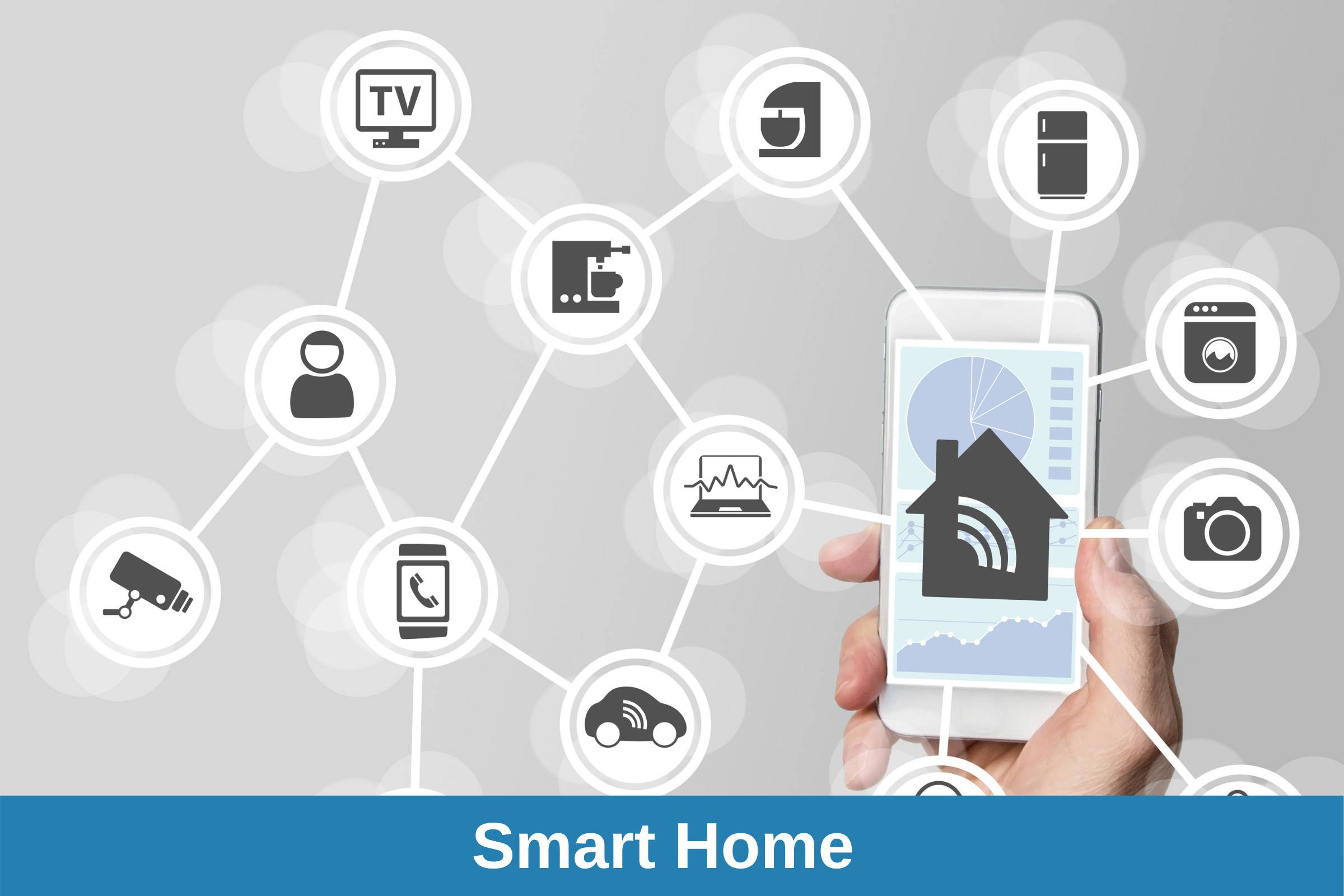
The concept of smart homes is no longer an abstract futuristic idea but a current reality for many households.
It involves integrating advanced automation systems to provide inhabitants with enhanced comfort, security, and energy efficiency.
Electricians today are expected to navigate this changing landscape by installing, managing, and troubleshooting a variety of smart home devices—from intelligent lighting and heating systems to home security and entertainment systems.
Green Electricity
As discussed earlier, the push for green electricity is significantly influencing the field of electrical work.
This trend is set to continue with electricians playing a critical role in installing and maintaining the energy systems like solar panels, wind turbines, and battery storage solutions.
The shift towards green electricity is not just about the environment; it also presents an exciting opportunity for electricians to expand their skills and work on the cutting edge of technology.
Advancements in Electrical Systems
The electrical energy system of today is becoming increasingly sophisticated, taking advantage of developments in technology to improve safety, efficiency, and overall performance.
This includes the incorporation of integrated systems, energy storage solutions, and advanced monitoring capabilities, which all require the expertise of a skilled electrician.
These emerging trends and technologies indicate a promising future for the field of electrical work, offering new opportunities and challenges for today’s electricians.
As the industry continues to evolve, so too will the skillset required of its practitioners, making continuous learning and adaptability key to success in this dynamic field.

